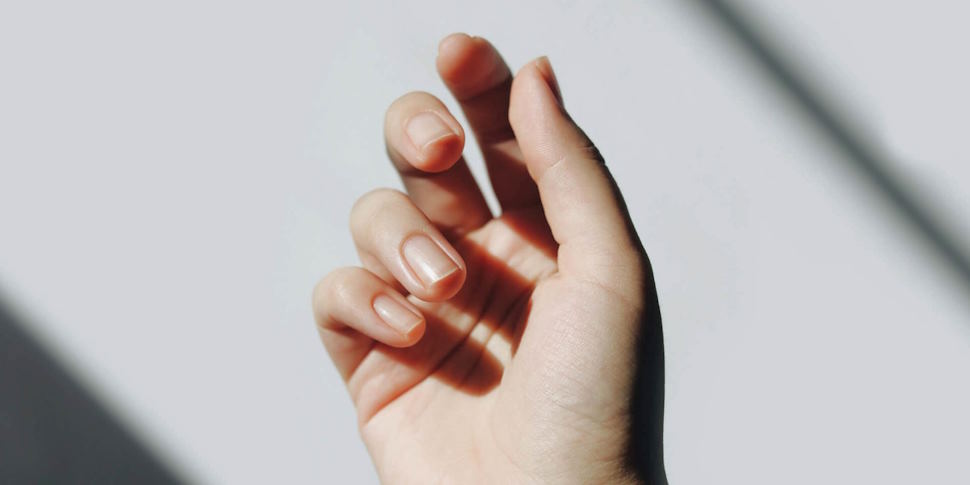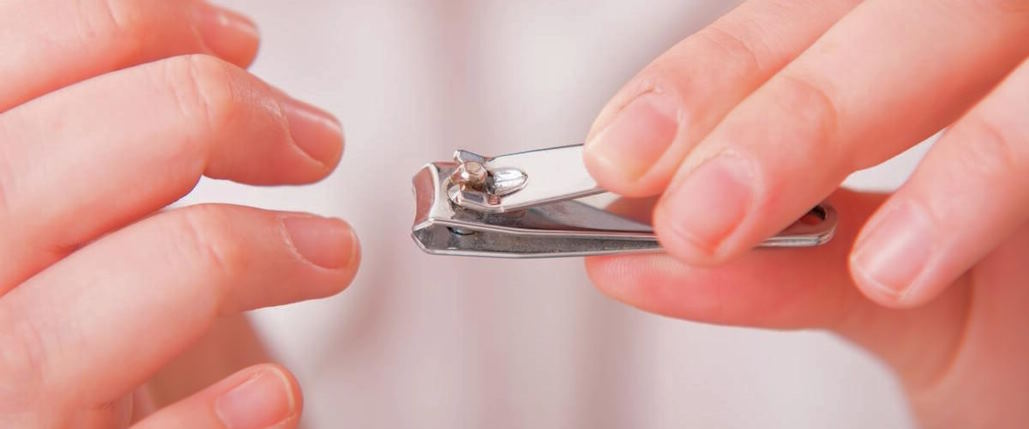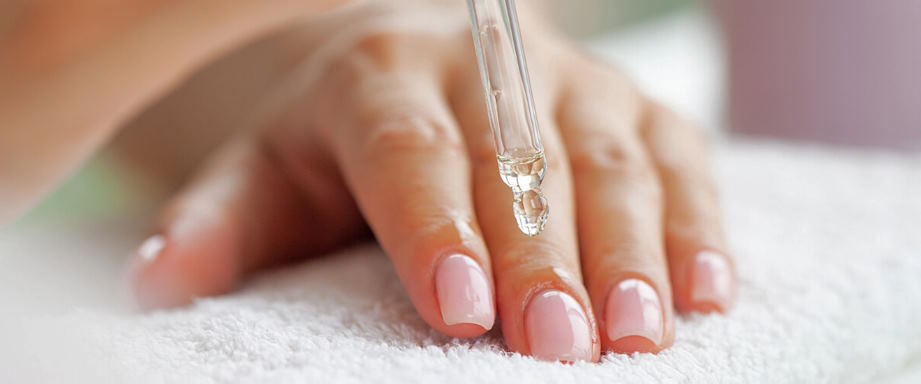Our nails often serve as a reflection of our overall health, yet they are frequently overlooked in our daily beauty routines. Healthy, strong nails are not just about aesthetics; they are indicative of well-being and proper self-care.
In today’s fast-paced world, our nails are subjected to various stressors, from frequent hand washing and exposure to harsh chemicals to nutritional deficiencies and bad habits. These factors can significantly impact their health and strength.
What are common nail issues?
Nail issues are common and can be caused by a variety of factors, including lifestyle habits, environmental exposure, and underlying health conditions.
One of the most frequent problems is brittle nails, which are prone to cracking, splitting, and peeling. This condition often arises from repeated exposure to water, harsh chemicals, or overuse of nail polish removers containing acetone. Nutritional deficiencies, particularly a lack of biotin, iron, or zinc, can also contribute to nail brittleness.
Another prevalent issue is nail discoloration. Yellow nails can result from prolonged use of dark nail polish or fungal infections, while white spots, known as leukonychia, are often caused by minor trauma to the nail matrix. However, persistent discoloration can sometimes indicate more serious health issues, such as psoriasis, diabetes, or thyroid disorders.
Nail fungus is another common problem, characterized by thickened, discolored, and brittle nails. It typically occurs in toenails and can be challenging to treat. Fungal infections thrive in warm, moist environments, making public pools and showers high-risk areas.
Hangnails, small, torn pieces of skin next to the nail, are also a frequent annoyance. They can be painful and lead to infections if not properly managed. Hangnails are often caused by dry skin or nail-biting habits, emphasizing the importance of regular moisturization and proper nail care.
Lastly, nail pitting, which appears as small depressions on the nail surface, is often associated with skin conditions like psoriasis or eczema. These pits can disrupt the smooth appearance of the nails and may indicate underlying systemic issues.

How to properly care about nails?
Regular Trimming
Keeping your nails trimmed prevents them from breaking or splitting. Use a sharp nail clipper or scissors to cut your nails straight across, then round the tips slightly to maintain a natural shape and avoid ingrown nails. Avoid cutting your nails too short, as this can expose the nail bed to infections and injuries.
Moisturization
Moisturizing your nails and cuticles is vital to prevent dryness and brittleness. Apply a nourishing oil or cream daily to keep them hydrated. Oils like jojoba, almond, and coconut oil are particularly effective. Massage the oil into your nails and cuticles to improve circulation and promote healthier growth.
Protection from Harsh Chemicals
Wear gloves during household chores like washing dishes or cleaning to shield your nails from harsh chemicals and excessive moisture. It prevents exposure to detergents and other damaging substances. When using nail polish, choose formulas free from harmful chemicals such as formaldehyde, toluene, and dibutyl phthalate (DBP). Always apply a base coat to protect your nails from staining.
Be Gentle with Nails
Avoid using your nails as tools to open cans or scratch surfaces, as this can cause breakage and other damage. Instead, use proper tools to perform these tasks and be gentle with your nails.
Avoiding Bad Habits
Steer clear of habits like nail-biting and picking at your nails or cuticles. These behaviors can lead to infections, damage the nail bed, and impede healthy nail growth. If you struggle with nail-biting, consider using a bitter-tasting nail polish designed to deter this habit.
Professional Manicures
Regular professional manicures can enhance nail care. A skilled nail technician can trim and shape your nails, manage cuticles, and apply treatments that strengthen and protect your nails. Ensure you choose salons that follow strict hygiene practices to avoid infections.
By incorporating these practices into your routine, you can maintain strong, healthy nails that are less prone to common issues like brittleness, splitting, and infections.

How can diet and nutrition influence your nails?
Diet and nutrition significantly influence the health and strength of your nails. Nails, like hair, are composed primarily of keratin, a type of protein. Therefore, a protein-rich diet is crucial for maintaining strong, resilient nails. Insufficient protein intake can lead to weak, brittle nails that are prone to splitting and breaking. Essential fatty acids, particularly omega-3s found in foods such as fish, nuts, and seeds, play a key role in moisturizing the nail bed, preventing dryness, and promoting flexibility.
Vitamins are also essential for nail health. Vitamin A supports the proper functioning of the cells that produce keratin, while vitamin E’s antioxidant properties protect nails from damage caused by oxidative stress. Vitamin C is crucial for collagen production, a protein that provides strength and structure to the nails. Additionally, vitamin B12 is important for red blood cell production, which ensures that nails receive adequate oxygen and nutrients. A deficiency in these vitamins can result in various nail problems, including discoloration, ridges, and brittleness.
Minerals are equally important for maintaining nail health. Iron is essential for producing hemoglobin and transporting oxygen to the nail matrix. Iron deficiency can lead to thin, concave nails, a condition known as koilonychia. Zinc supports the growth and division of cells, including those in the nail matrix, and a deficiency can cause white spots on the nails and slow growth. Magnesium is necessary for protein synthesis, which is crucial for nail growth, and its deficiency can lead to the formation of vertical ridges on the nails.
Biotin, a B vitamin, is often highlighted for its role in nail health. It enhances keratin structure, leading to stronger, less brittle nails. Studies have shown that biotin supplementation can improve nail thickness and reduce splitting.
Thus, a balanced diet rich in these essential nutrients fosters optimal nail growth, strength, and appearance. Proper nutrition ensures that nails remain strong, healthy, and less susceptible to common problems such as brittleness, discoloration, and slow growth.


